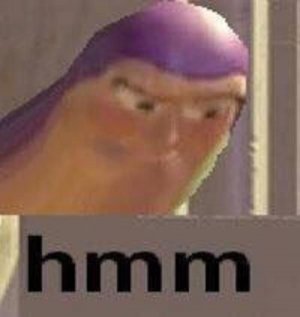handz
Senior Member
Video killed the Radio Star
And for a while, it seemed that Zimmer killed the Orchestra sound.
But I think that orchestra will survive in movie music, same as classical music itself is still here with us, it is part of our culture.
The lack of melody or if you want, preference of textures is here longer than I would think it will. I really don't like this movement - some of the stuff is cool, but I would be happy if the time invested into these scores would be used to make some cool standalone music where such an approach would be way more suited and could go even further with all the experiments.
For me, nothing beats good melodies or good dramatic writing for an orchestra (with occasional nontraditional instrument or synth). I like some synth-driven "80s" inspired scores for the movies which are from a certain era or a very retro sci-fi inspired. But for most parts - I think orchestras do way more for the overall impact of the movie than these soundscapes. Unless you really are into a very specific kind of filmography. And I really don't like this kind of film either. Heck, Lynch, one of the most crazy directors who got really big popularity among "regular" people used orchestra in practically all of his movies, and it worked like a charm. It would work even in Nolan's films, but he decided for soundscapes. In the end it works. And well, we are not normal people, we are soundtrack freaks, we care for music in film, people care about the film as a whole.
And for a while, it seemed that Zimmer killed the Orchestra sound.
But I think that orchestra will survive in movie music, same as classical music itself is still here with us, it is part of our culture.
The lack of melody or if you want, preference of textures is here longer than I would think it will. I really don't like this movement - some of the stuff is cool, but I would be happy if the time invested into these scores would be used to make some cool standalone music where such an approach would be way more suited and could go even further with all the experiments.
For me, nothing beats good melodies or good dramatic writing for an orchestra (with occasional nontraditional instrument or synth). I like some synth-driven "80s" inspired scores for the movies which are from a certain era or a very retro sci-fi inspired. But for most parts - I think orchestras do way more for the overall impact of the movie than these soundscapes. Unless you really are into a very specific kind of filmography. And I really don't like this kind of film either. Heck, Lynch, one of the most crazy directors who got really big popularity among "regular" people used orchestra in practically all of his movies, and it worked like a charm. It would work even in Nolan's films, but he decided for soundscapes. In the end it works. And well, we are not normal people, we are soundtrack freaks, we care for music in film, people care about the film as a whole.





